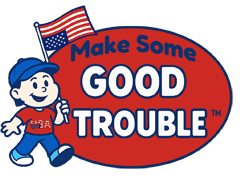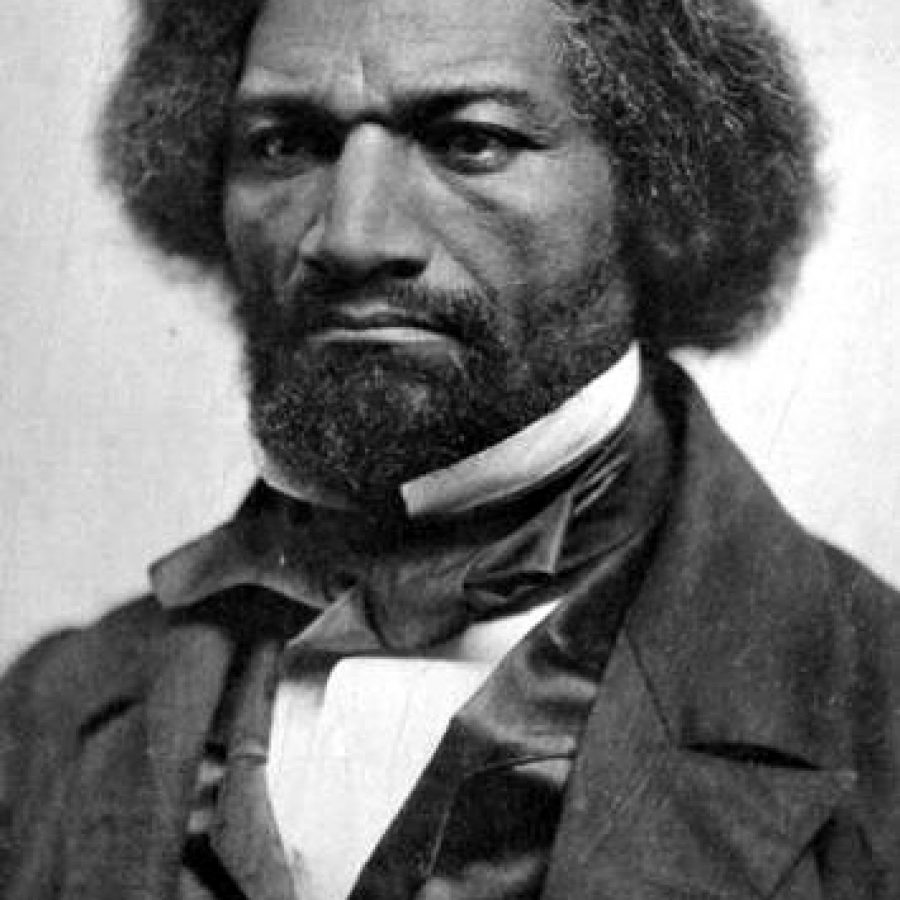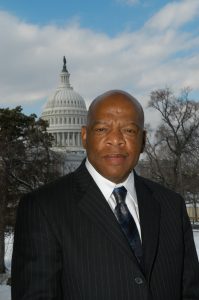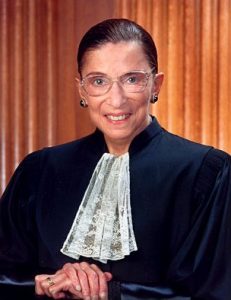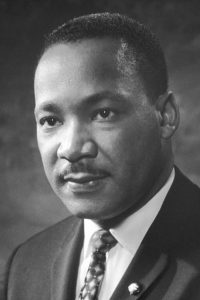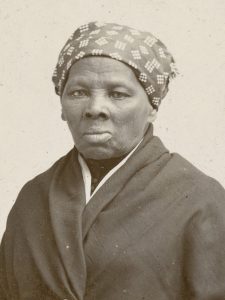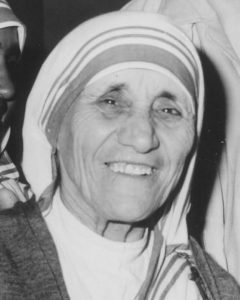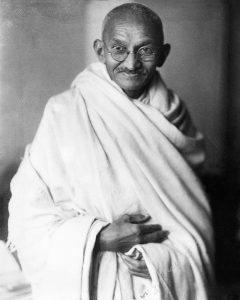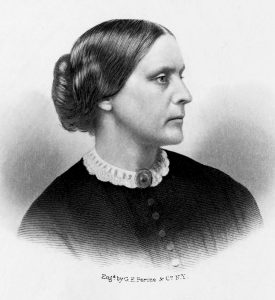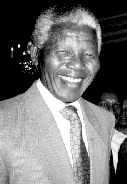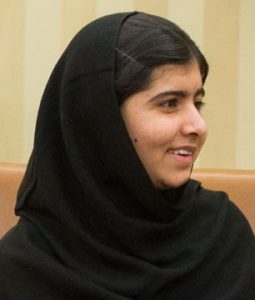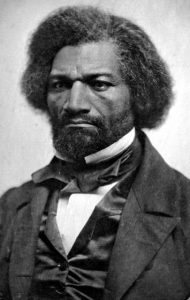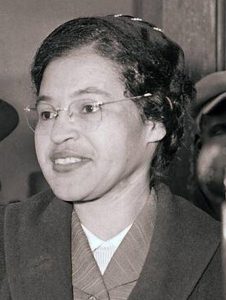Frederick Douglass
(1818–1895)
Frederick Douglass was born into slavery in February 1818 in Talbot County, Maryland. He escaped bondage in 1838 and went on to become one of the most powerful voices of abolition, a gifted orator, writer, and statesman who influenced both the United States and abroad. His life was a testament to the transformative power of education and the fight for freedom.
As a child, Douglass secretly taught himself to read and write, despite laws forbidding enslaved people from learning. He quickly realized that literacy was a pathway to liberation. After escaping slavery by disguising himself as a sailor, he settled in Massachusetts, where he became active in the abolitionist movement.
Douglass gained prominence as a speaker, captivating audiences with his firsthand accounts of slavery’s brutality and his eloquent defense of liberty. His 1845 autobiography, Narrative of the Life of Frederick Douglass, an American Slave, became a bestseller and an abolitionist classic. To avoid recapture after its publication, he traveled to the United Kingdom, where supporters raised funds to purchase his legal freedom.
Upon returning to the U.S., Douglass founded abolitionist newspapers, including The North Star, and worked alongside leaders like William Lloyd Garrison. During the Civil War, he met with President Abraham Lincoln, urging him to embrace emancipation and allow Black men to serve in the Union Army. Douglass’s advocacy helped shape Lincoln’s evolving policies.
In his later years, Douglass continued fighting for justice, championing women’s suffrage, civil rights, and equality. He held several government positions, including U.S. Marshal for the District of Columbia and Minister to Haiti.
Frederick Douglass is a founding member of the Good Trouble Makers Hall of Fame because his voice and vision helped redefine freedom itself. Through his words and actions, he proved that Good Trouble can shatter chains and change nations.
